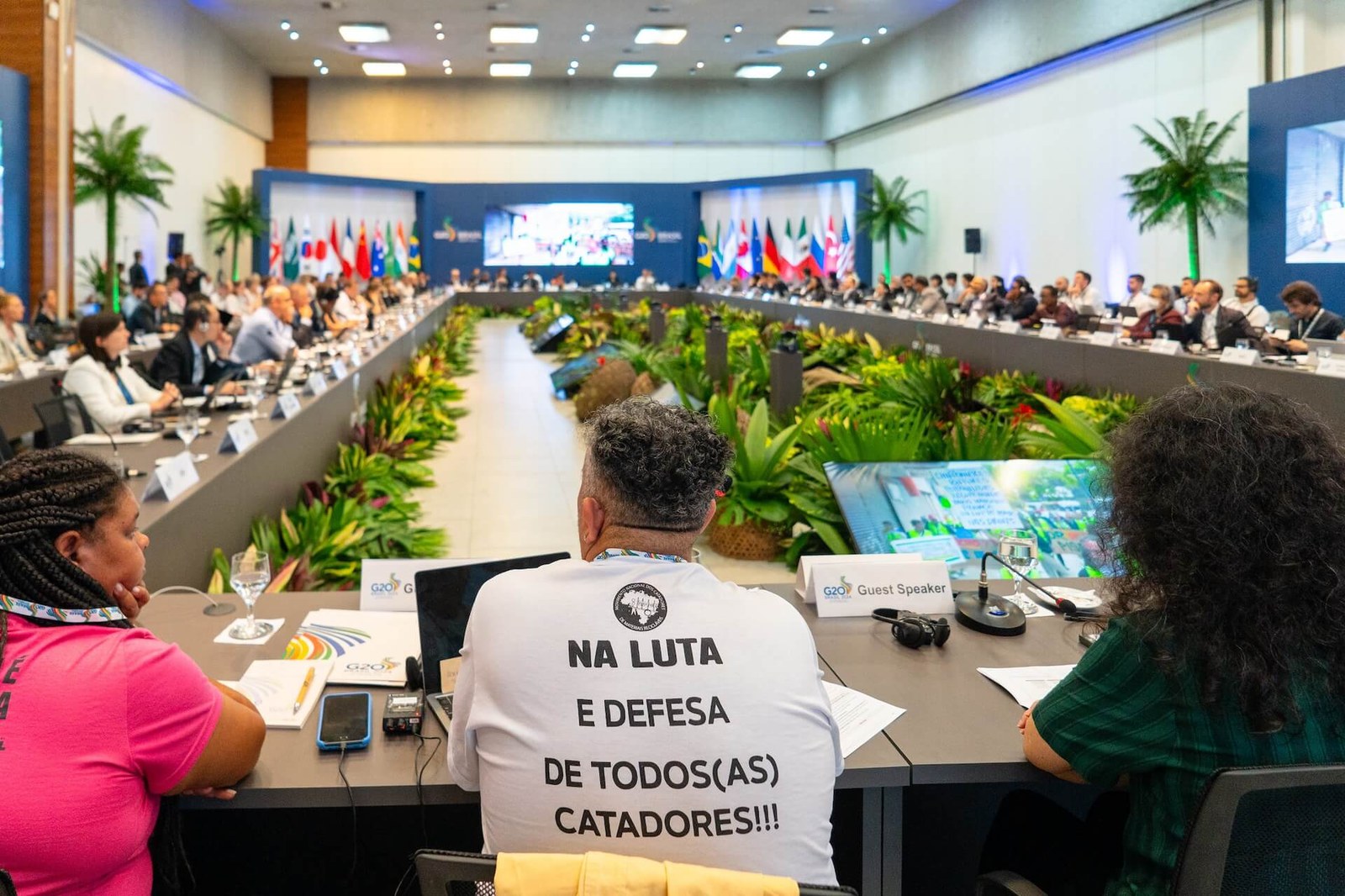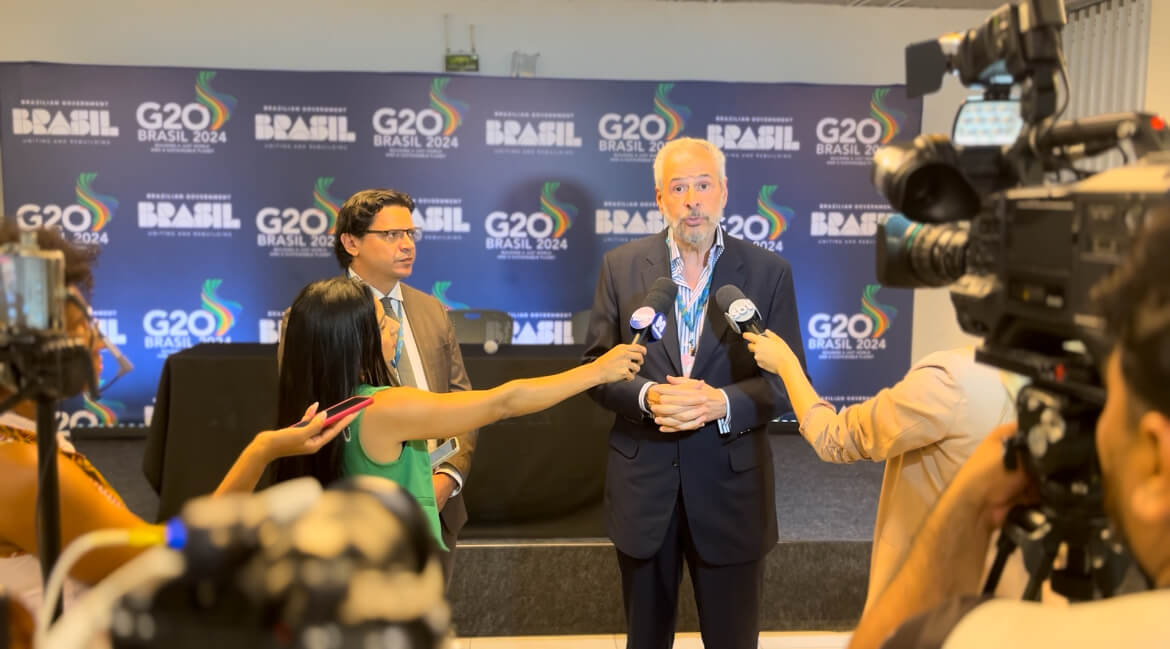G20 pre-approves document on waste management and circular economy
Roadmap presented by the Brazilian G20 presidency includes suggestions from member countries and highlights the role of governors and mayors in implementing inclusive public policies. The document pre-approved at the meeting in Manaus includes the perspectives of society and of traditional communities in the creation of environmental policies.

The G20 has begun to approve a roadmap on waste management and circular economy. The document was presented by the Brazilian presidency and discussed at the meeting of the G20 Environment and Climate Sustainability Working Group, which took place this week in Manaus, capital of the state of Amazonas. It includes suggestions by member countries such as Canada and Australia.
According to Adalberto Maluf, secretary of Urban Environment and Environmental Quality at the Brazilian Ministry of the Environment and Climate Change (Ministério do Meio Ambiente e Mudanças Climáticas/MMA), Brasil has presented the G20 with the concept of an inclusive, circular economy focused on measures to deal with solid waste and landfill closure. Presently, 38% of global waste still does not have a correct destination.
“We created certain international criteria to empower garbage collectors, to expand recycling—national strategies to increase composting and reduce food waste. We also brought these new concepts, that did not yet exist at a global level, of an inclusive circular economy, considering the impact that increased recycling has on informal workers, in the actions that need to be taken to promote greater circularity,” said Maluf.
Furthermore, the secretary said that discussions are aligned at a global level by creating criteria for promoting product design and reducing materials that cannot be recycled so as to increase the circularity of products from a technical and biological point of view. The proposal is to impact governors and mayors of G20 member countries to implement public solid waste management policies.
“We left with an implementation strategy proposed by Brasil so that the circular economy is not just a concept but an implementation strategy, a path for action by subnational governments. The Brazilian presidency innovated in bringing the role of mayors, of subnational governments, to the fore, because, ultimately, they are the ones who implement waste management policies and promote a circular economy,” he pointed out.

A social perspective concerning solid waste management
Ambassador André Corrêa do Lago, secretary of Environment and Climate Change at the Brazilian Ministry of Foreign Affairs, highlighted that member countries agreed to integrate the social perspective in discussions concerning solid waste management. Corrêa do Lago highlighted that Brasil, alongside countries such as Canada and Australia, were emphatic about the inclusion of original populations in the formulation of environmental policies. To him, the recent focus on these communities is an important step forward, reflecting a new global perception about the need to consider traditional cultures and knowledge in striving for sustainable solutions.
“When Brasil presents the issue of garbage collectors, we realize the number of G20 countries in which these exist but are disregarded or forgotten. Brasil's focus—and how well countries are reacting to it—was very impressive. This discussion is allowing us to prepare useful documents that will be taken to the other stages of the forum, up to the Leaders' Summit meeting,” said Lago about the meeting of the presidents of G20 member countries, which will take place in November in Rio de Janeiro.